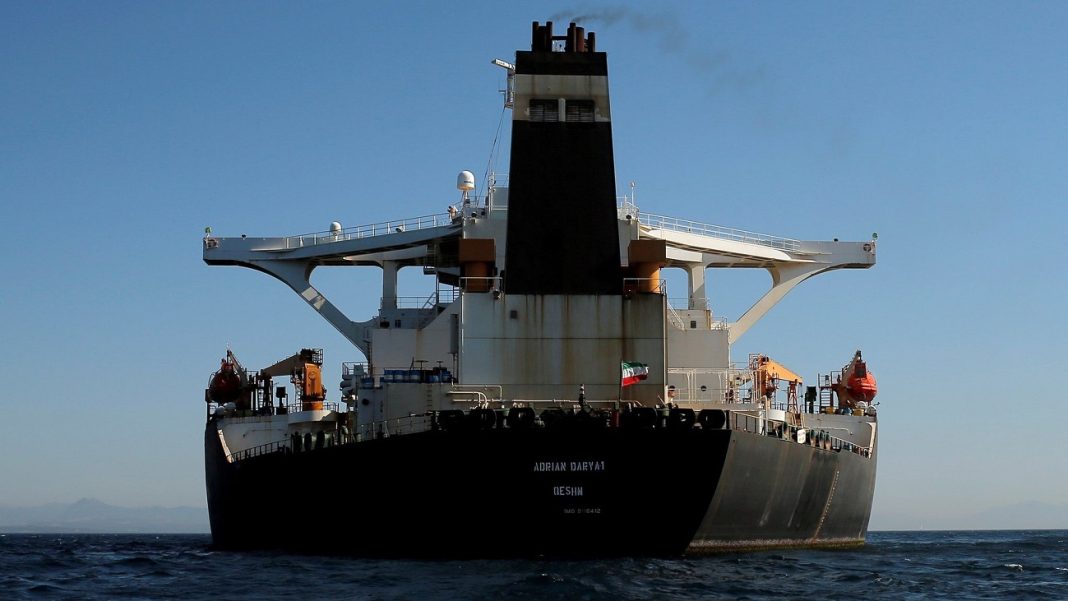Speaking after an OPEC+ meeting on Monday, Owji stated: “From the viewpoint of technical and practical issues, the joint technical committee of OPEC+ in its base scenario has predicted that the excess supply to global demand for oil in 2022 will be 400,000 barrels per day, which is about 600,000 barrels per day less than the previous month’s forecast.”
He noted that according to the studies, OPEC+ decisions have helped to improve the conditions of the oil market in terms of supply and demand balance, adding, “However, in the current situation, as a result of some concerns about the consequences of geopolitical tensions for the world’s economic growth and possible demand destruction, the global oil market is in a fragile state, and the proof of this is the high volatility of crude oil prices in recent months, which should be taken into account.”
Pointing out that some OPEC+ ministers have also underlined this point in recent weeks, the oil minister said, “The current situation requires a lot of careful consideration.”
“According to the latest published statistics and reports, the appropriate compliance of OPEC+ countries reached the level of 546% in July 2022, and the main reason for the increase in the compliance level was the non-production of the amount committed by some countries,” he continued.
“Due to the decrease in production of some OPEC+ producers and the non-fulfillment of the committed production levels, as well as the decrease in the level of commercial inventories of crude oil and petroleum products in some major consuming countries, the 32nd OPEC and non-OPEC ministerial meeting, with renewed support for the decision of the 19th OPEC and non-OPEC ministerial meeting (July 2021), based on consensus, decided for October 2022 that the total production of OPEC and non-OPEC countries will decrease by 100,000 barrels per day and OPEC+ will continue to monitor and supervise market developments in the form of monthly expert and ministerial meetings and take any necessary measures to maintain the stability of the oil market,” he stated.
Pointing to the intensification of crisis in the global energy market, especially in the European region, Owji said, “An example is the increase in the price of natural gas in some European gas hubs to about 70 dollars per million BTU which is equivalent to the oil price of more than 400 dollars per barrel.”
He continued, “Although the Europeans are trying to compensate for the lack of energy and reduce the severity of the crisis with some decisions in the field of energy policies, the stable and reliable supply of energy sources, specifically oil and gas, especially as the fall and winter seasons approach, is a necessity for European consumers.”
The role and importance of Iran’s supply of energy resources, including oil, gas and petroleum products, is of double importance in ensuring the stability and security of the world’s energy, he added, noting this is an issue that the observers of the oil and energy market as well as the policy makers of the consuming countries acknowledge.
Describing Iran as a major producer of oil and oil products in the world, Owji stated, “we have always declared that we are ready to contribute to our role in the supply of oil and oil products and to improve energy security in the world by avoiding politicization of oil and the political use of energy. The global energy market needs to increase the supply of oil and natural gas from Iran.”
“OPEC+ is at the highest level of cooperation and I think almost all members of OPEC+ have the same opinion regarding the achievements of this cooperation for market stability. The stability and continuity of OPEC+ cooperation can greatly help the world’s consumers in the current crisis,” he concluded.
